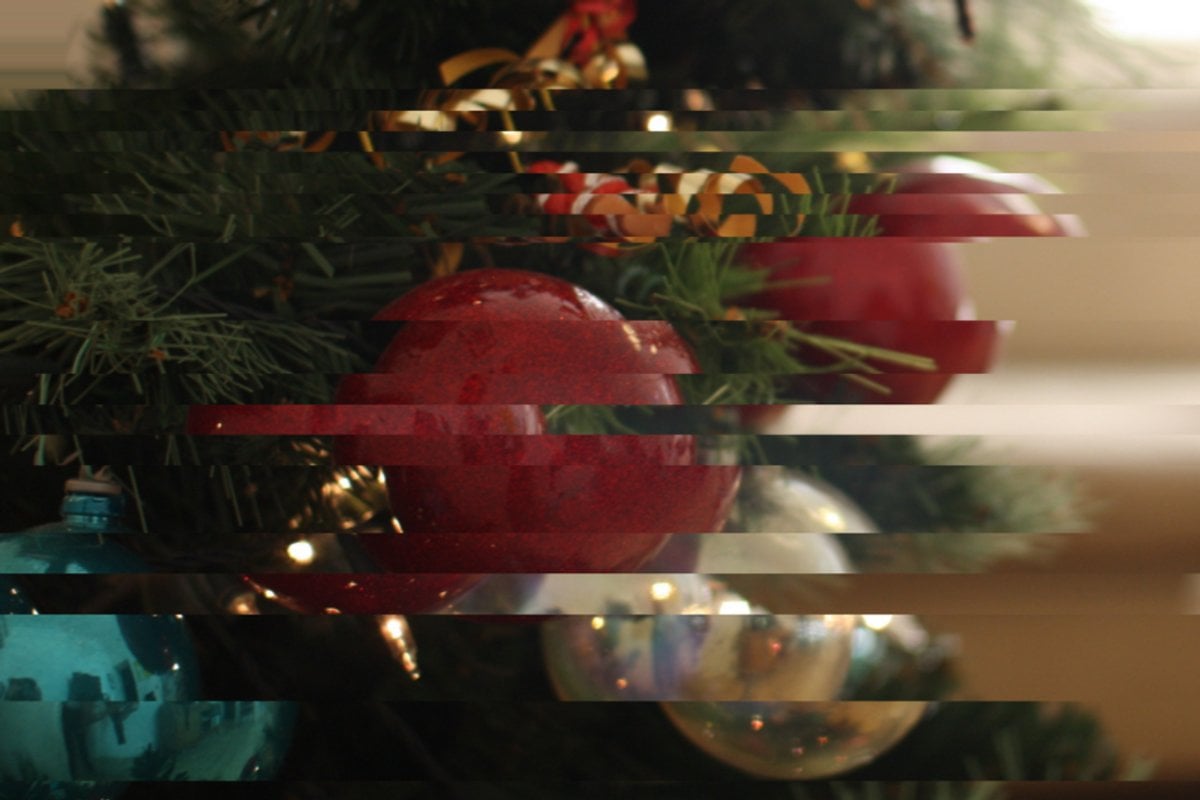
All over the world, we have found ourselves in quite the bind.
Shall we cancel festivities in order to save Christmas?
Shall we cancel Christmas in order to save New Year's Eve?
Shall we cancel all of it or none of it and will any of it make a difference, anyway?
For the first time in this pandemic - I do not want anyone to shout me an answer.
I do not want shock jocks yelling at me over the radio, or alarm and panic whipped up by commentators. I don't think I'm alone in saying I cannot feel that anymore.
Controversially, I don't even want to hear what anyone thinks the government ought to do - which is undemocratic and a feeling that contradicts my logic. But my sense is that we might as well stop looking for some all-encompassing answer, or thinking that someone on Twitter who put together a well-phrased sentence might have it. Perhaps there is no answer. People much cleverer than me can't seem to find one.
At this point, five days out from Christmas, there is no sense to be made or a bold opinion to write. There is just a swell of feelings. Disappointment. Anxiety. Fear. And boundless empathy for those who already know they will be spending Christmas Day isolated from the people they love.
Some say we have transitioned from a lethal pandemic to a pandemic of inconvenience.

Top Comments